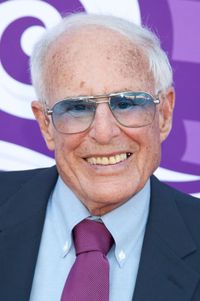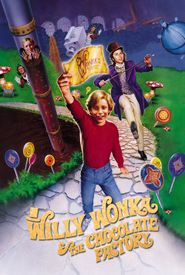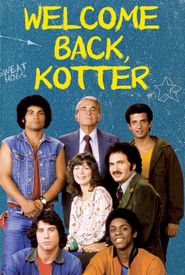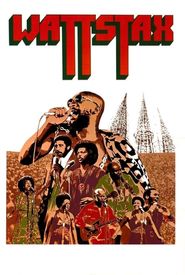Mel Stuart, whose birth name was Stuart Solomon, entered the world on September 2, 1928, marking the beginning of a life that would be filled with creativity, innovation, and a passion for the art of filmmaking.
After spending a significant portion of his early career, a total of 17 years, working at the renowned production firm of David L. Wolper, Stuart decided to take the leap and strike out on his own, opting to pursue a freelance career in the film industry.
Stuart's extensive filmography boasts a diverse range of cinematic endeavors, with a notable highlight being the 1971 fantasy-musical masterpiece Willy Wonka & the Chocolate Factory.
Stuart's impressive body of work extends far beyond his remarkable feature films, as he has also had the distinction of directing several documentary features that have left a lasting impact. These documentary features, including the notable "Four Days in November" and "Wattstax", showcase his versatility as a filmmaker and his ability to tackle a wide range of subjects.
Notable among Stuart's impressive body of work are a series of productions that have garnered widespread recognition and acclaim, including the critically acclaimed television series "Ripley's Believe It Not", as well as a number of documentaries that have shed light on a wide range of fascinating topics.
Among his documentary credits are the "Making of the President" series, which provided a detailed and insightful look at the 1960, 1964, and 1968 presidential elections, as well as "The Hobart Shakespeareans", a documentary that explored the unique approach to Shakespearean performance taken by the Hobart Shakespeareans troupe.
Stuart's work also includes the documentary "Rise and Fall of the Third Reich", a powerful and thought-provoking exploration of the rise and fall of the Nazi regime, as well as "Man Ray - The Prophet of the Avant-Garde", a documentary that delved into the life and work of the influential artist and photographer Man Ray.
In addition, Stuart was involved in the production of "George Plimpton and the Philharmonic", a documentary that provided a behind-the-scenes look at the life and work of the celebrated author and journalist George Plimpton, as well as "The Poet's View", a documentary that explored the world of poetry and the creative process of poets.
Furthermore, Stuart's work also includes a number of other notable productions, such as "The Triangle Factory Fire", "Bill", "The Chisholms", and "Ruby and Oswald", each of which offers a unique and thought-provoking look at a particular aspect of American history and culture.
Stuart's illustrious career has been marked by a plethora of prestigious accolades and honors, with a cumulative total of four esteemed Emmy awards, a nod from the esteemed Academy of Motion Picture Arts and Sciences in the form of an Oscar nomination, and a Peabody Award, a renowned honor in the realm of documentary filmmaking, to name but a few of the many recognitions he has received.
In addition to his impressive list of awards and accolades, Stuart has also served as the president of the International Documentary Association for a span of two years, a testament to his leadership skills, dedication to the craft, and commitment to the advancement of documentary filmmaking as an art form.
It is worth noting that Stuart had a significant familial connection to a renowned television producer, none other than the illustrious David L. Wolper, whose impressive career in the entertainment industry has left a lasting impact on the world of television.








































